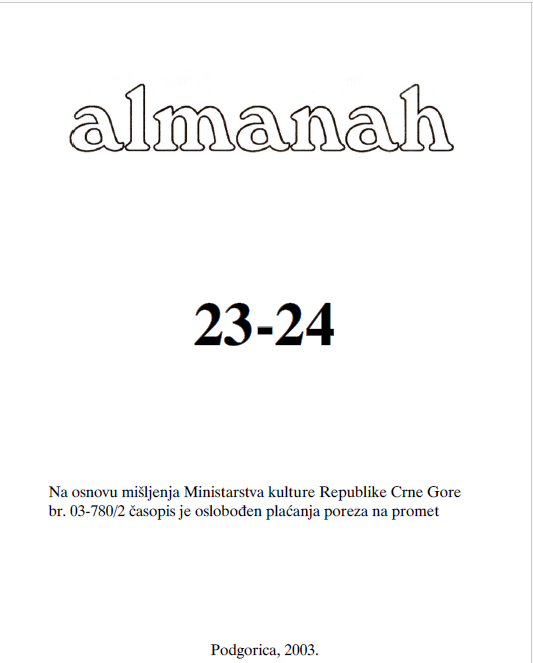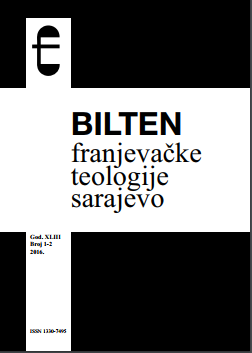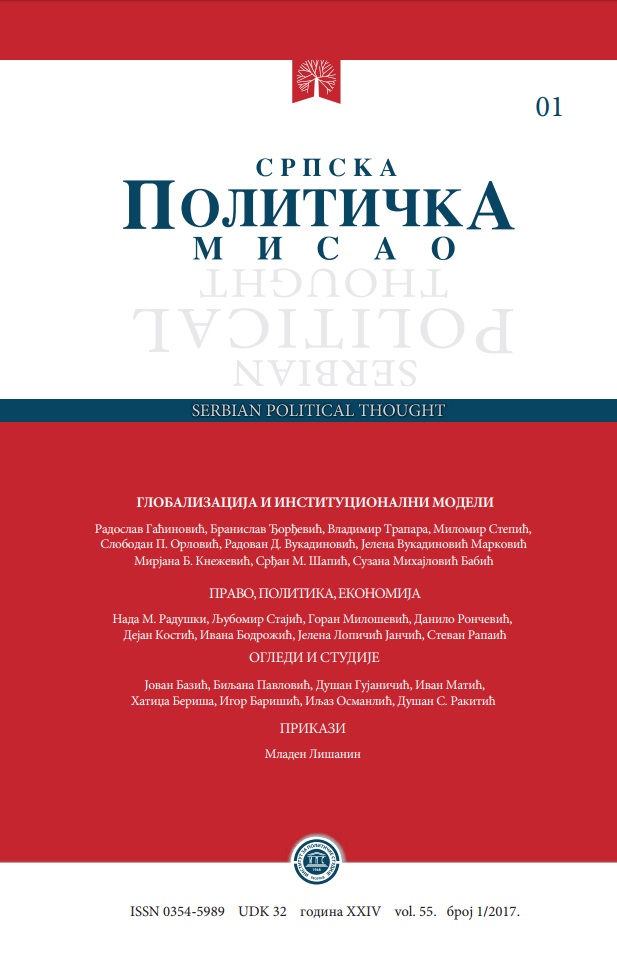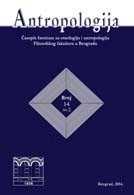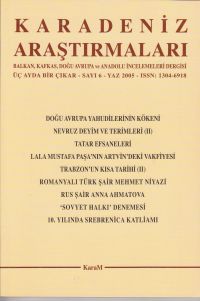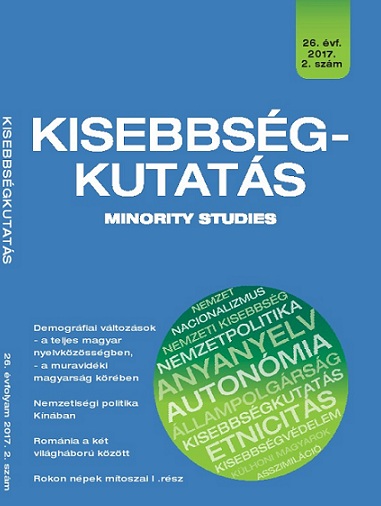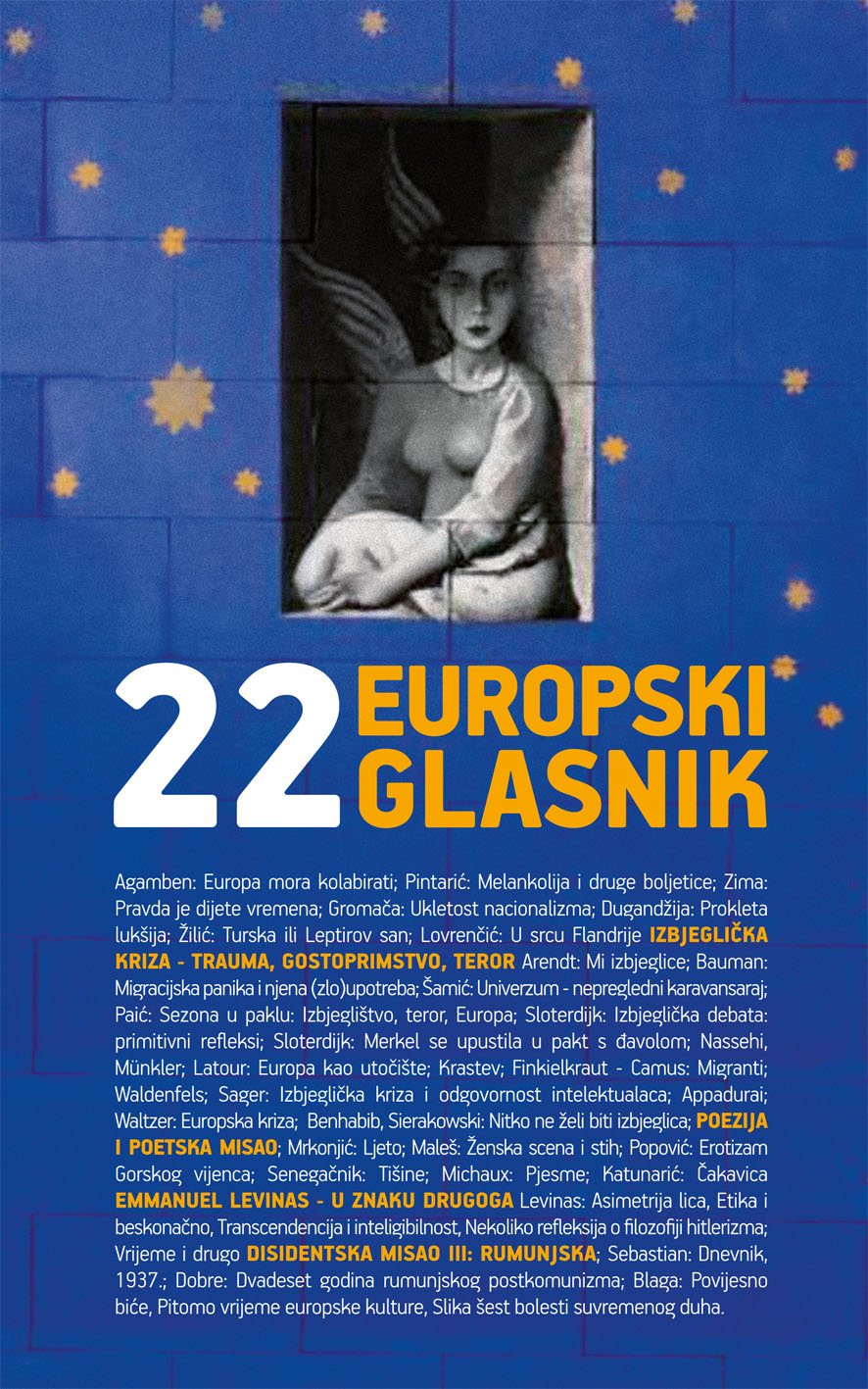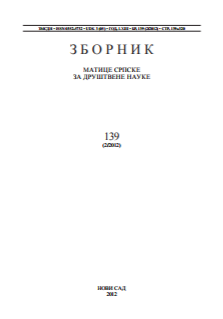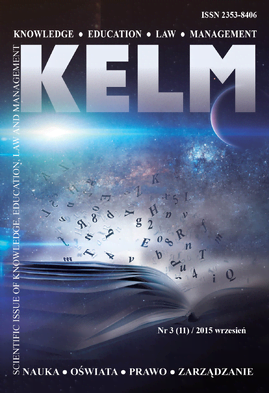Author(s): Dušan Gujaničić / Language(s): Serbian
Issue: 1/2017
Le concept français de la nation occupe à notre avis une place particulière parmi les idées ou constructions semblables ou proches. Principalement, c’est à cause de son développement historique, sa singularité politique, mais aussi pour sa concrétisation juridique que ce concept attire l’attention des esprits curieux. La France, un pays dans lequel la notion d’ « unité » a atteint l’apogée d’un respect institutionnel et d’une application pratique, a dû depuis quelques dernières décennies adapter en partie son modèle républicain aux nouvelles circonstances liées en premier lieu à l’évolution d’un certain nombre de territoires en son sein. Face à la bigarrure ethnico-culturelle et au besoin de prendre en compte toutes les différences afférentes de la société, notamment sur certaines parties de son territoire, le système français a fait preuve d’une certaine créativité juridico-politique afin de maintenir l’unité de l’Etat et l’indivisibilité de la Nation. Non seulement la philosophie politique héritée directement de la Révolution de 1789, elle-même héritière incontestable des Lumières, mais aussi l’activité du juge constitutionnel avec, ne l’oublions surtout pas, le rôle incontournable de la langue fran- çaise comme élément fédérateur, ont façonné le concept de la nation française telle que nous le connaissons aujourd’hui.
D’autre part, avec l’émergence d’une nouvelle immigration, principalement d’origine extra-européenne à partir des années 1960 et 1970, le modèle républicain français est objectivement posé devant de nouveaux défis, parfaitement inconnus tout au long de l’histoire fran- çaise jusqu’à la fin du XX siècle. De surcroît, l’irruption brutale de l’islamisme radical qui a causé plus de deux cents morts depuis deux ans ne fait que complexifier le rapport entre le concept français de la nation et une partie de la population d’origine étrangère. Il est clair que face à ce nouvel défi de grande envergure, peut-être même le plus dangereux pour la société française depuis la Deuxième Guerre mondiale, le concept français de la nation aurait besoin d’un renforcement de sa légitimité, et cela surtout sur le plan culturel, les mesures politiques et le dispositif légal y étant sous-entendus.
More...
